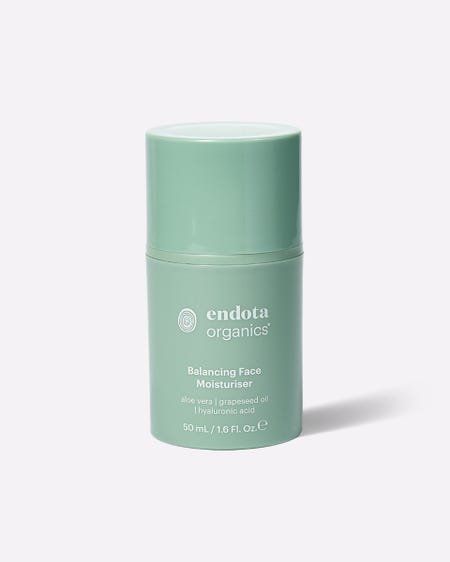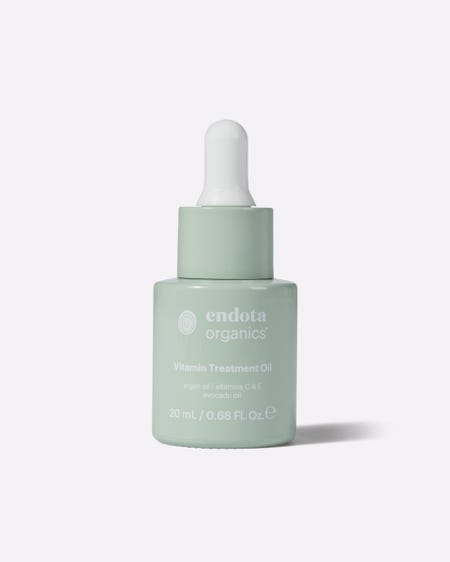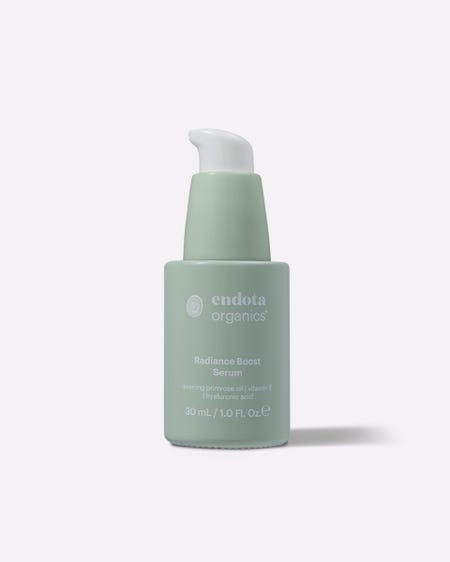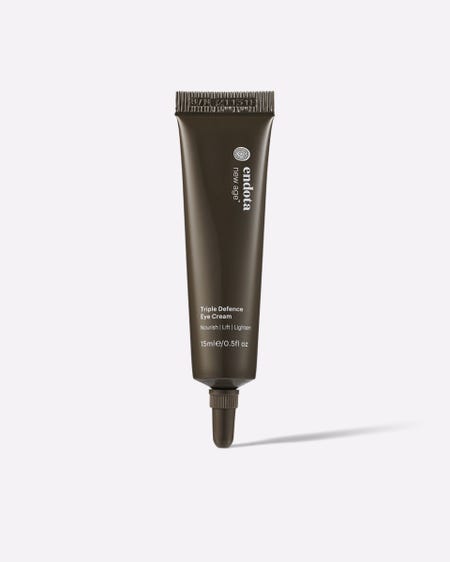Skin Deep Beauty and Beyond
Nature is all about positive change. New seasons bring rebirth and renewal, reminding us that every change is an opportunity for a new and improved beginning. Our skin is no exception and every 30 or so days, our cells renew themselves and shed evidence of sun damage, pollution, hormonal changes and other negative factors.
As we age, this process takes longer and the renewal effect is diminished. As our body slows its production of natural ingredients, maintaining soft and supple skin comes down to both internal and external care. Chemical peels are one of the most effective ways to address changes in our skin and treat skin concerns with quicker results. Facial peels are clinical strength, results-oriented corrective treatments that remove dry, dull skin cells and reveal smoother, more radiant skin beneath the surface.
”The cells of a fifty-year-old woman take around fifty days to renew; largely due to the loss of collagen and elastin, as well as the onset of menopause” explains Helen Robb-Lacey, head of endota Wellness College. “Between the age of 25-30 collagen and elastin start to reduce. As this happens, it affects the skin’s appearance and texture in a variety of ways. From fine lines and wrinkles to acne and hyperpigmentation”. These issues can be difficult to combat, particularly with a slower cell turnover, which is why chemical peels have been developed as a way of using chemical solutions to speed up the exfoliation process. By removing the surface layer of the epidermis with an effective chemical peel, you are able to accelerate your skin cell turnover.
Common exfoliants found in chemical peels include Alpha Hydroxy Acids (e.g., Lactic Acid) and Beta Hydroxy Acids (e.g., Salicylic Acid) which have proven to be effective in reducing the appearance of premature ageing such as age spots, as well as rough skin texture and acne.
Personalise your Peel
Your clinical peel will be a tailor-made formulation of chemicals carefully selected by your therapist depending on your skin’s condition and areas of concern.

Helen Robb-Lacey, endota Wellness College CEO
“Alpha Hydroxy Acids (AHAs) are preferred for sun-damaged and dry skin because they exfoliate the skin’s surface and have the added benefit of improving moisture content. On the other hand, Beta Hydroxy Acid (BHA) is preferred for oily, acne-prone skin as it can breakdown the oil that clogs pores and assist in normalising the lining of the pore that contributes to acne, thanks to its anti-inflammatory and antibacterial properties.”
Every peel formulation is optimised with your goal in mind, whether it’s reducing fine lines and wrinkles, treating blemishes and acne, fading hyperpigmentation and dark spots or simply brightening and smoothing a dull complexion. Our therapists typically use a combination of up to three types of peels:
Clinical Brightening Peel – works to remove signs of sun damage, hyperpigmentation and uneven skin tone
Clinical Clearing Peel - treats blemishes, breakouts, blackheads and enlarged pores
The Peel Process
Preparation:
It is important that you don’t exfoliate or tan your skin for at least a week before your scheduled clinical peel in order to avoid over-exfoliation and irritation. Your therapist will begin by thoroughly cleaning your skin with a carefully selected cleanser.
Application:
After cleansing your skin, the therapist will apply one or more chemical solutions to your skin and leave them on for the appropriate amount of time. “During a chemical peel, most people feel a slight warming sensation that lasts for about five to ten minutes, followed by a tingling and sometimes itchy sensation” explains Helen, “this is simply a sign that the skin is beginning to resurface itself”. A clinical peel facial such as the endota New Age Clinical Peel can take anywhere between 30-60 minutes to complete, depending on your selected treatment.
Post-peel Care:
Following your treatment, it is important to avoid exposure to the sun because the new skin is delicate and more susceptible to complications. Think of your skin as a “baby skin” and protect it from UV rays, harsh chemicals and other irritants.
Post. Reveal. Repeat:
Your clinical peel will a smoother, supple complexion. “If you’re looking to amplify your results or wish to improve your skin for a special event, it is recommended to have a professional peel every 4-6 weeks for a couple of months” explains Helen “A series of chemical peels every few weeks works well for busy people because they get significant results with minimal downtime.”
Chemical peels are the ideal way to quickly improve your skin’s appearance or jumpstart a new skincare routine. Your endota therapist can help develop a specific treatment plan for you based on the condition of your skin and your desired outcome. If you are interested in slowing down the ageing process and replenishing your skin’s vital nutrients - head into your local endota spa to find out more about our clinical peels.





